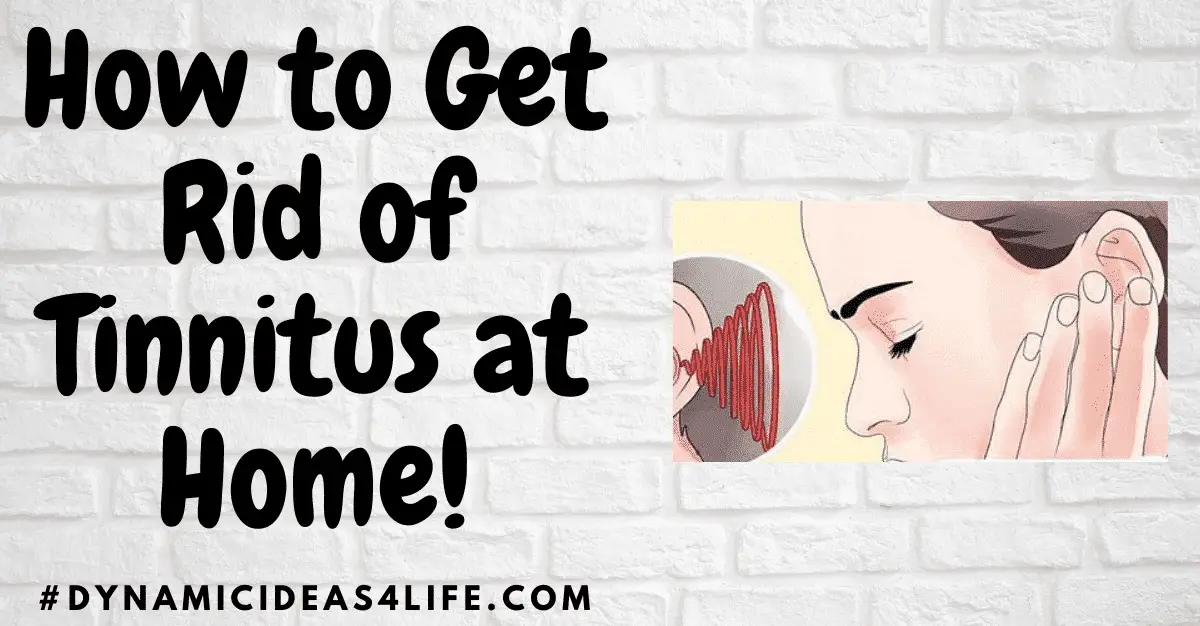
It can often feel like there is nothing worse. Going about your day, and out of nowhere, your ears start ringing uncontrollably. An unsettling sound turned all the way up that only you can hear. Not only loud but very much on many occasions painful.
This persistent, annoying noise—known as tinnitus—can disrupt your focus, impact your sleep, and leave you feeling drained. So, How to Get Rid of Tinnitus at Home For Good?
While it may seem like there’s no escape, this is not true because there are actually several effective home remedies and lifestyle changes that can help you manage, and even reduce the intensity of tinnitus – even to the point where it can be brought into complete remission!
Now, I am not here to give you false hope and neither am I here to tell you lies but In this post, How to Get Rid of Tinnitus at Home For Good, we’ll explore practical, science-backed strategies to help you reclaim your peace and quiet, right from the comfort of your own home.
Just a few Ideas that you can try out. Not guaranteed to work but just some things that actually might make all the difference. Please keep reading to find out more…
How to Get Rid of Tinnitus at Home – Ideas To Try!
Do you want to get rid of your Tinnitus?
Tinnitus is a condition when a ringing or clicking sound occurs in the ear which comes from an internal source. Other symptoms can include light-headedness, heart palpitations or feeling the heart beating faster than usual. It is a condition that is more common in males, and in the 60+ age range.
For sufferers of Tinnitus, it can last for several years or be lifelong. If you are someone that has Tinnitus it is recommended (if you haven’t already done so) to seek urgent medical advice.
This is as a precaution. Whilst you may find out it isn’t because of something more serious there is always the possibility. But either way – here are somethings you can certainly try to see if they can help!
Home Remedies For Tinnitus
Alike any health problem that affects the human condition Tinnitus has its own solutions that are potential options to make this condition become more bearable, and even to the point they can actually go away.
- Diet,
- Lifestyle changes and
- Possibly Supplements…
are pretty high on this list. We shall come back to those later on but for now something else to share with you
1.) Tinnitus Music Therapy…
Tinnitus Music Therapy is certainly one thing to try to get rid of tinnitus at home.
What this involves is to listen to a specially tailored type of music that habituates the brain to cancel out the ringing of tinnitus.
Search Youtube for Tinnitus Sound Therapy
I like this idea and I think it’s at least worth a try – especially if you can find free videos on Youtube. BUT taking this one step further – if you are willing to spend some money you might possibly want to consider purchasing a Tinnitus Masking Device.
2.) Tinnitus Masking Devices
One such product is the Sound Oasis® Tinnitus Sound Therapy System®
These Sound Masking devices include in-ear hearing aid type of devices, tabletop sound machines like the one pictured above. I haven’t tried personally but I’m definitely very intrigued about sound and light technology and the potential benefits not just for Tinnitus but general Health and wellbeing.
Now, along these lines if you are willing to buy something to help try and manage your condition better this is not the only option. Another alternative is…
3.) Tinnitus Relief Pillows
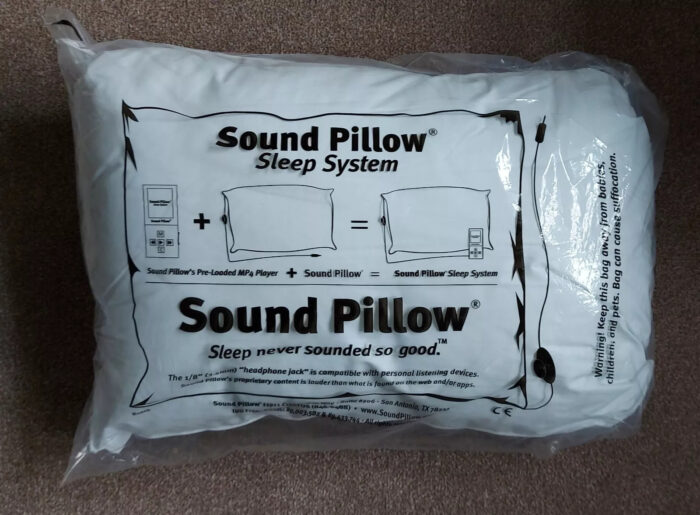
Tinnitus Relief Pillows are a specialized tool designed to help individuals manage the frustrating symptoms of tinnitus, particularly during the night.
These pillows often incorporate sound therapy technology, such as built-in speakers that play soothing sounds or white noise. By masking the ringing, buzzing, or hissing sounds associated with tinnitus, these pillows can create a more peaceful sleep environment, reducing the anxiety and restlessness often caused by the condition.
The ergonomic design of tinnitus relief pillows enhances their effectiveness. Many are crafted with memory foam or other supportive materials to ensure proper neck alignment, which can improve overall sleep quality.
Additionally, the customizable sound options allow users to select frequencies and tones that best suit their needs, ensuring a personalized approach to relief.
Using a tinnitus relief pillow is straightforward. Simply connect the pillow to a smartphone or other device, select a calming soundscape, and relax. These pillows are especially beneficial for those who prefer a discreet method of managing tinnitus without disturbing their sleeping partner. Combined with other home remedies, such as relaxation techniques and stress reduction, tinnitus relief pillows can be a valuable addition to your nightly routine.
>>>See Some Examples of Tinnitus Relief Pillows HERE<<
So, I haven’t tried these pillows myself either but I know some people do say they work. I will let you make your own mind up and the same goes for…
4.) Tinnitus Oil
Another type of product is Tinnitus Oil. Typically, these are just essential oils that are marketed for treatment of tinnitus to offer a natural and holistic approach to managing the condition.
Popular options include Lavender, Cypress, and Helichrysum oils, which are believed to promote relaxation, improve circulation, and support ear health.
They may NOT directly cure tinnitus, but one thing they may help with is by alleviating the stress and tension that often exacerbate these symptoms.
Aromatherapy is one popular application that can be used here. Add a few drops of essential oils to a diffuser and see what this can do.
Some oils can even be diluted with a carrier oil, like coconut or almond oil, and gently massaged around the neck or behind the ears to improve blood flow and promote relaxation.
And, this (Blood Flow) actually might be a possible cause because Tinnitus is thought to be caused by small hairs inside our inner ear. When not enough blood is reaching this area these hairs can die so it is (apparently) important to keep these small hairs healthy so they can receive signals etc.
5.) Dietary Supplements for Tinnitus
By this same logic – Just like the essential oils mentioned above there also supplements on the market which claims to be able to remedy tinnitus through certain ingredients containing different plant extracts.
One such herb found within some of the supplements is Ginkgo biloba. This is known to improve blood circulation which is said to be sometimes a cause of tinnitus. This herb can be found as a single supplement but also with other herb extracts such as Panax Ginseng.
*Note with blood flow Nitric Oxide is supposed to be good and a good supplement for this is L-Arginine which helps create this naturally.
But, also Tinnitus supplements with ingredients such as B Vitamins including Thiamine and Niacin, as well as Vitamin B6 and Vitamin B12 may also be helpful as these are important for nerve function.
Magnesium, on the other hand, may help protect against noise-induced hearing damage by calming the auditory nerves. It is one supplement I take regularly for my blood pressure and my understanding is that Magnesium is an electrolyte – the human body is a complex electrical system and minerals such as Magnesium, Zinc, Potassium and Calcium are all very important components for our circuitry.
6.) DMSO For Tinnitus Relief?
Dimethyl sulfoxide (DMSO) is a chemical compound with anti-inflammatory and antioxidant properties, often explored for its potential in managing various health conditions, including tinnitus. Though not widely accepted as a mainstream treatment, some individuals use DMSO topically or in combination with other therapies to potentially reduce inner ear inflammation, which is thought to contribute to tinnitus symptoms in some cases.
Advocates of DMSO for tinnitus typically apply it in a diluted form around the neck and behind the ears. The compound is believed to penetrate the skin and reach deeper tissues, potentially improving circulation and reducing oxidative stress in the auditory system.
Some anecdotal reports suggest that DMSO may offer relief for individuals whose tinnitus is associated with inflammation or injury. However, it’s important to approach DMSO use with caution. The compound is not FDA-approved for tinnitus treatment, and its safety profile for this purpose has not been thoroughly studied.
It is a controversial choice. Mostly the pharmaceutical industry see it as a conflict of interest given that many NSAIDS on the market use different sulphur compounds. I will not go into this here but check out my blog post here if you’d like to read more about this.
7.) Dietary Options For Help With Tinnitus
What we eat can significantly impact Tinnitus Symptoms, for better or for worse. Certain nutrients and dietary choices can promote auditory health and reduce the severity of ringing in the ears.
Also, Incorporating foods rich in antioxidants, vitamins, and minerals into your diet can help improve blood flow, reduce inflammation, and support the overall health of the auditory system.
Potassium-rich foods like bananas, sweet potatoes, and avocados are beneficial because potassium helps regulate fluid levels in the inner ear, which is crucial for maintaining proper hearing function.
Magnesium, found in nuts, seeds, and leafy greens, is another key nutrient, as it may help protect against noise-induced hearing damage and calm overactive auditory nerves.
Additionally, vitamin B12 and zinc, found in eggs, fish, and fortified cereals, play an essential role in nerve health and may help reduce tinnitus symptoms in those with deficiencies.
What Not To Eat If You Have Tinnitus
Equally it is important to avoid foods that can exacerbate tinnitus symptoms. Excessive salt, caffeine, and alcohol can increase blood pressure and lead to fluid imbalances in the inner ear, potentially worsening symptoms.
By adopting a balanced diet focused on nutrient-rich, whole foods and reducing potential irritants, you can create a supportive foundation for managing tinnitus naturally.
8.) Making Better Lifestyle Changes
I would really suggest that this is at the forefront if you really do want to bring your ear ringing under control.
Making key lifestyle changes can significantly help reduce the impact of tinnitus and improve your overall well-being. Stress and anxiety for one, are often linked to the worsening of tinnitus symptoms, as they can heighten your awareness of the ringing or buzzing in your ears.
Incorporating relaxation techniques such as yoga, meditation, or deep-breathing exercises into your daily routine can help calm your mind and reduce the intensity of tinnitus.
Improving your sleep hygiene: This is another crucial step. Tinnitus can disrupt sleep, which, in turn, worsens symptoms during waking hours. Creating a calming bedtime routine, reducing screen time before bed, and using white noise machines or tinnitus relief pillows can promote better rest.
Regular physical activity, such as walking or swimming, can also enhance circulation to the ears and reduce stress.
Avoiding common tinnitus triggers is equally important. Limiting exposure to loud noises, reducing caffeine and alcohol intake, and avoiding smoking can help minimize symptom flare-ups.
By adopting these lifestyle changes, you can create an environment that supports your overall health and helps you better cope with tinnitus in everyday life.
My Own Observations
For me, Tinnitus is a very strange condition. It is interesting to note that the deaf and hard of hearing suffer from tinnitus and are even thought to be more likely to have this condition. So, that is interesting but still, those with good hearing can also have tinnitus so this is kind of odds that it is to do with our ability to hear but I personally, this the small hairs in our inner ear idea (The Stereocilia) I think is most believable.
It is like unplugging an amp wrong when you get the horrible feedback noise. The human body is a complex electrical system with circuitry just like a stereo. A complete working circuit will mean the stereocilia can receive audio transmissions with no interference but if if any part of this circuit is broken it can cause a feedback noise – I think this is tinnitus. So, maybe improving blood flow to the stereo cilia will fix it but what else is blocking it?
Also, maybe it is not the blood flow but what the blood is actually carrying (electricity / electrons maybe) – perhaps it is to do with electrolyte balance?
Heart health seems to be a big factor in a good number of tinnitus sufferers. Again this is to do with the human electrical circuit. I suffer from high blood pressure at times – I take a magnesium supplement and this for me seems to really help. But, I do know with magnesium you also need Vitamin D (sunlight) for absorption and it also has a very kind of symbiotic relationship with calcium.
*An interesting thing to note is Calcium has Call at the start and Magnesium has Magnet at the start of it’s name, and these along with potassium and Zinc are electrolytes. Pretty fascinating I think.
Can Tinnitus Really Be Cured?
This is the million dollar question. It apparently can not although there are some that claim they have done exactly this. According to healthline.com, which is authored by many leading experts in healthcare – This is what they have to say about whether Tinnitus can be cured or not;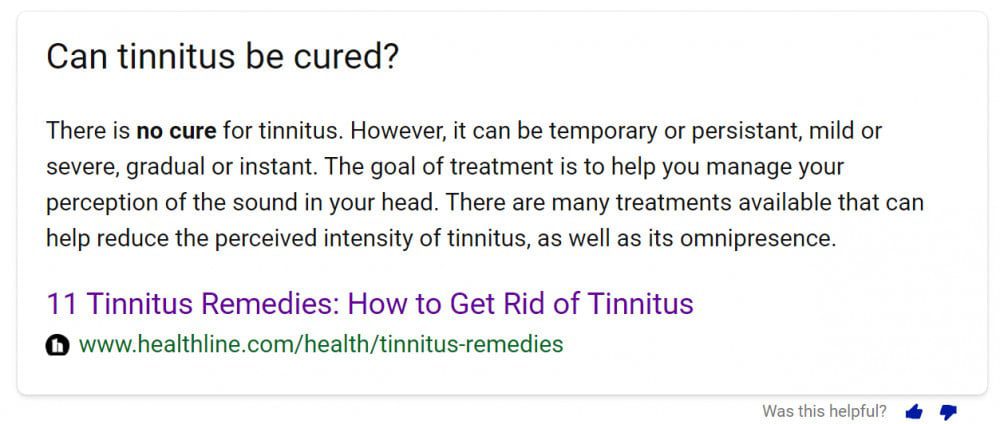
So that is pretty much the commonly accepted answer. Sometimes it can be the case that this condition will go away on its own, or lessen in intensity. Or it can go away and come back, or it can be something that can become increasingly worse.
Currently, there is no universal cure for tinnitus, but the condition can often be managed effectively to reduce its impact on daily life. Tinnitus is a symptom, not a disease, and its causes vary widely, from exposure to loud noises and ear infections to stress, medication side effects, and underlying health conditions.
Addressing the root cause, when identifiable, can sometimes alleviate or significantly improve tinnitus symptoms.
While a permanent cure may not yet exist, many treatment and management options can help. Sound therapy, hearing aids, cognitive-behavioral therapy (CBT), and relaxation techniques are commonly used to reduce the perceived intensity of tinnitus and improve quality of life.
In some cases, treating related conditions, such as hearing loss or high blood pressure, may also bring relief.
Research into tinnitus is ongoing, with scientists exploring promising avenues like neuromodulation, regenerative medicine, and targeted drug therapies. If you experience tinnitus, consulting an audiologist or an ear, nose, and throat (ENT) specialist can help identify the best strategies for managing your symptoms effectively.
How Tinnitus Affects Daily Life
This can vary from person to person. Some people may have the infrequent ringing in the ear but for others, it can be very persistent. Although for most people it isn’t a serious health problem. Actually is not itself it’s own condition but is the result of other underlying health problems.
This can include age-related hearing loss, an ear injury, or circulatory system disorder.
a.) Tinnitus and Hearing
As already mentioned Tinnitus can be caused by related hearing problems. For instance, many people that go on holiday abroad may suffer from tinnitus due to hearing problems caused by the air pressure from flying. Others may suffer after say a head injury, or as a result of loud noises.
Actually though in other cases Tinnitus can cause (hyperacusis) which is an acute sensitivity to sound. Something that may require steps to be taken to muffle or mask external sounds.
b.) Other Causes
Issues unrelated to the ears can also be responsible for the tinnitus. These include high blood pressure, anaemia, diabetes, and thyroid disorders. Also, both Stress and Anxiety can also cause such problems.
Mostly though Tinnitus is related to issues within our ears and to do with hearing.
Such examples are
# Perforated Eardrum,
# Acoustic Neuroma (related to the hearing nerve)
#Build Up of Fluid inside the Ears
#Ear Wax, and Ear Infections
and in more severe cases both Otosclerosis – a common cause of progressive deafness with young adults, and Ménière’s disease a condition usually accompanied by vertigo. This is a rare disorder which affects the inner ear.
Tinnitus and Blood Pressure
Tinnitus, the persistent ringing or buzzing in the ears, can be a distressing condition that affects many aspects of daily life. While the exact cause of tinnitus can vary, one significant factor that is often overlooked is the relationship between tinnitus and blood pressure.
How Blood Pressure Affects Tinnitus
Blood pressure, the force of blood pushing against the walls of your arteries, plays a crucial role in your overall health. When blood pressure is too high (a condition known as hypertension), it can cause changes in blood flow, which might impact the tiny blood vessels in the inner ear.
These changes can lead to or exacerbate tinnitus symptoms.
High blood pressure can increase the pressure within the blood vessels of the ear, causing them to become more rigid or even damage them. This increased pressure can lead to turbulent blood flow, which can be perceived as a ringing or pulsing sound in the ears—a type of tinnitus known as pulsatile tinnitus.
In some cases, simply managing blood pressure through lifestyle changes or medication can help alleviate tinnitus symptoms.
Low Blood Pressure and Tinnitus
Interestingly, low blood pressure can also be linked to tinnitus. When blood pressure drops too low, it can result in reduced blood flow to the inner ear. The lack of sufficient oxygen and nutrients can cause damage to the delicate structures of the ear, potentially leading to tinnitus.
Managing Blood Pressure to Reduce Tinnitus
If you suspect that your Tinnitus might be related to your blood pressure, it’s essential to monitor your blood pressure regularly and consult with a healthcare professional.
Making lifestyle changes such as reducing salt intake, maintaining a healthy weight, exercising regularly, and managing stress can help keep your blood pressure within a healthy range. In turn, this might reduce the severity or frequency of your tinnitus symptoms.
Read More: Tinnitus & High Blood Pressure
In Conclusion
So, now – How to Get Rid of Tinnitus at Home For Good! Well, OK this is a bit of a misleading title because can Tinnitus really be cured? According the official line it can NOT but I would say that it’s possible. Whether this be something that is available for commercial use or not – I think that many things conditions they say aren’t treatable actually are and what I’ve shared in this post none are definite solutions.
I guess some people reading this will be disappointed to know that maybe none of these ideas will work but likewise I am certainly in the belief that some of these treatments will make the difference and it is worth trying what you can to see what works for you.
Lifestyle changes and diet I really think should be the focal point of beginning to treat Tinnitus but for sure if it is possibly to do with blood flow or maybe nerve damage something here should be able to help I would like to think. I shall finish this post up here but hope you have found this helpful and if you have any of your own suggestions OR you would like to leave any other feedback it would be great if you could comment below.
Many thanks for reading. To Your Health and Wellbeing may you find the right path.
Best regards;
Alex Chivers
DynamicIdeas4Life.com
References
Herbal Medicines in the Treatment of Tinnitus: An Updated Review
This review discusses various herbal medicines, including Ginkgo biloba, and their efficacy in treating tinnitus.
Natural Remedies for Tinnitus
This article explores common natural remedies for tinnitus, such as supplements and relaxation techniques, and their potential benefits.
Ginkgo Biloba for Tinnitus
This study examines the effects of Ginkgo biloba extract EGb 761 on tinnitus symptoms, highlighting both positive outcomes and the need for further research.
Tinnitus Supplements: Success, Cautions, and Other Treatments
This article provides an overview of various supplements marketed for tinnitus relief, discussing their effectiveness and safety considerations.
New Thinking About Tinnitus
This resource from Harvard Health discusses modern approaches to tinnitus management, including cognitive behavioral therapy and mindfulness-based treatments.
Tinnitus – Diagnosis and Treatment
Mayo Clinic provides an overview of tinnitus, its diagnosis, and various treatment options, including alternative medicine approaches.
Is There a Magic Pill?
The American Tinnitus Association discusses the allure of quick fixes for tinnitus and emphasizes the importance of evidence-based treatments.
Survey on the Effectiveness of Dietary Supplements to Treat Tinnitus
This study surveys the perceived effectiveness of various dietary supplements in treating tinnitus among patients.
Zinc for Tinnitus: Potential Benefits, Risks, and Other Treatments
This article examines the role of zinc in tinnitus treatment, discussing research findings and recommendations.
How To Stop the Ringing In Your Ears (Tinnitus)
This Health.com article provides practical advice on managing tinnitus symptoms through various therapies and lifestyle changes.



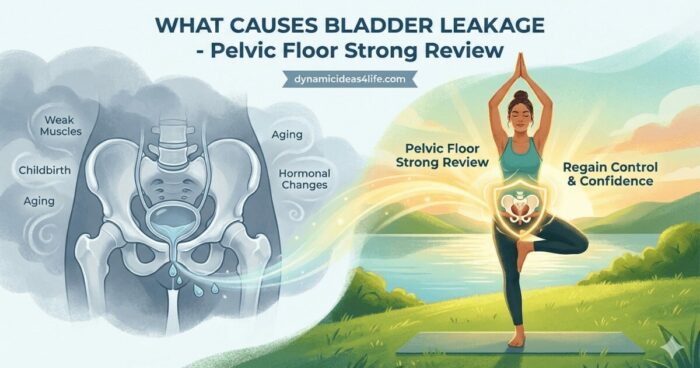

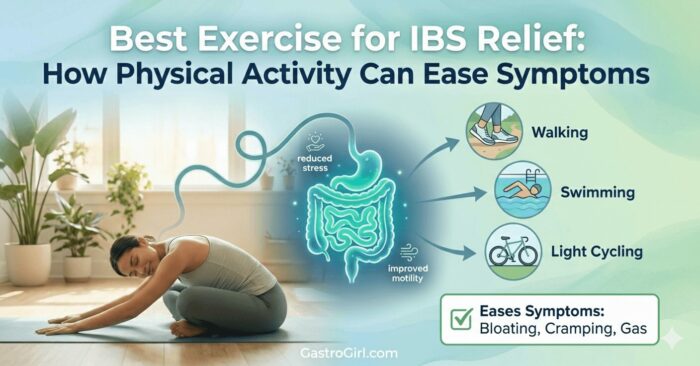
Anxiety and Depression BiOptimizers blood pressure supplements blood sugar control blood sugar support supplements cognitive function digital products Dr Sam Robbins Exercise Gut Health Healthy Living heart health HFL how to lower blood sugar levels How To Lower Cholesterol insulin resistance joint health supplement Keto keto dieting Keto Diet Weight Loss leaky gut supplements leptin resistance list Magnesium deficiency Matt Gallant mental health multivitamins Nootopia Nootropics nutrient supplements Probiotics Probiotic Supplements proteolytic enzymes reverse type 2 diabetes stress and anxiety stress relief Supplements vitabalance vitapost Wade Lightheart weight loss articles weight loss diet plans weight loss product reviews weight loss supplements weight loss tea


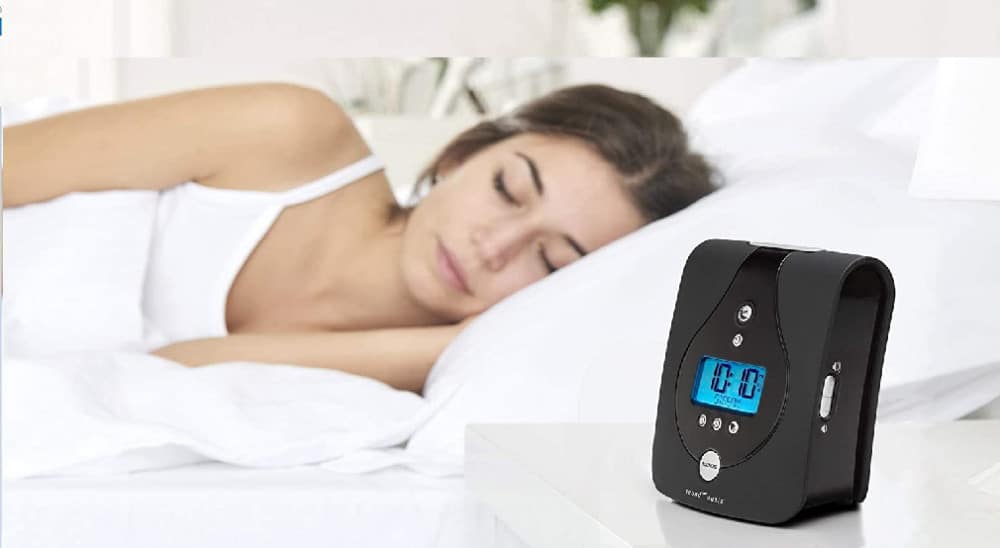


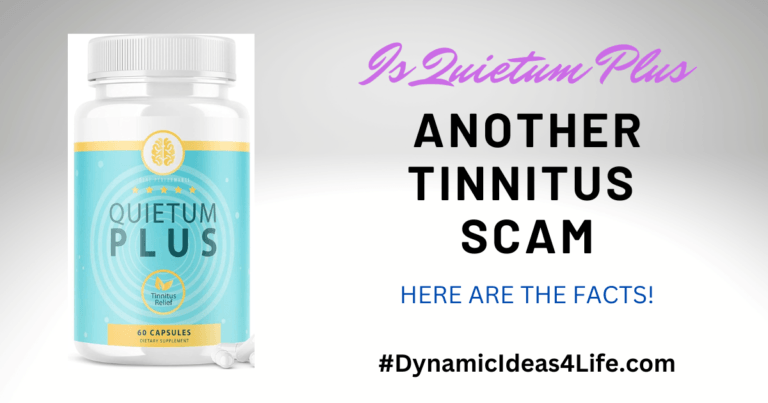




Hi Alex, very good and very informative article. I never knew the exact name for that noise in the ear. My mother of 89 years old was complaining about hearing something in her ears. She wears hearing aids. Do you think that could be why she hears sounds? I know when her batteries are dying it makes sounds but she says it is not that sound that she hears. Any thoughts on that?
Hi Carole, Yes it could very well be so – I never wrote in the article that actually tinnitus affects some 20% of the population, It is more common at 60 plus years of age so very possible this could be the cause.
Hello there!
That’s an helpful health-wise article you provided there. Tinnitus has always been a challenging health issue in many homes, and causes negative effect on the daily living of the victim. Will do well to refer victims I know to the products you suggested that can really work in curing it. I hope they purchase and give commendable feedbacks on the products suggested there.
Thanks.
Yes please share with your friends would appreciate it if you can.
As we all know there is no cure for tinnitus. However, it can be temporary or persistent, mild or severe, gradual or instant. The goal of treatment is to help you manage your perception of the sound in your head. That’s why we have to be very careful and make sure we get rid of it on time.
Thanks for the comment. Much appreciated.
When you mention oils, do you mean drops that you insert in the ear? If so, where do you buy the oils?
Hi Nancy, I actually mean using essential oils. I believe the trick is to rub the oil around the outer ears and temples. To buy them I would suggest checking out amazon or somewhere such as holland and barrett.